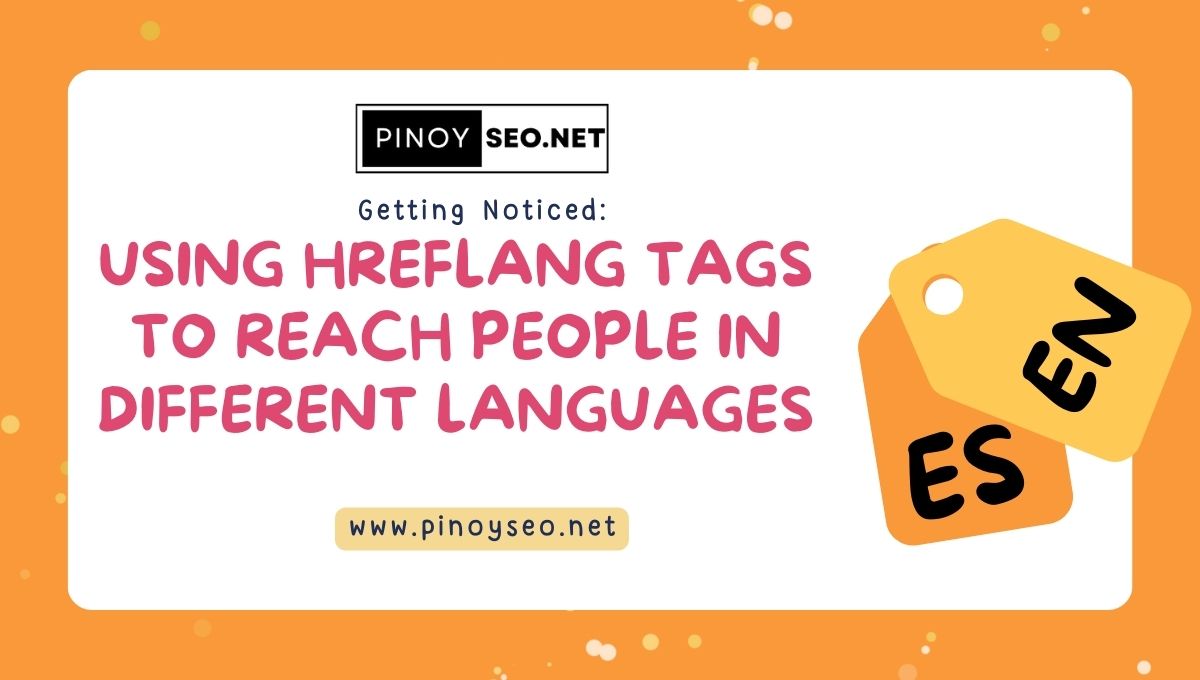In the ever-evolving landscape of digital marketing and mobile search, Progressive Web Apps (PWAs) have emerged as a game-changer. As businesses strive to provide seamless and engaging user experiences, PWAs offer a powerful solution that bridges the gap between websites and native mobile applications. In this comprehensive guide, we will explore the world of PWAs and their impact on SEO. Learn how to leverage the potential of PWAs to boost your mobile search rankings and stay ahead of the competition.
What are Progressive Web Apps (PWAs)?
Defining PWAs
Progressive Web Apps (PWAs) are a new breed of web applications that combine the best features of traditional websites and native mobile apps. They are built using web technologies such as HTML, CSS, and JavaScript and are designed to be responsive, fast, and reliable across all devices and network conditions.
Key Features of PWAs
- Responsive Design: PWAs adapt seamlessly to different screen sizes, ensuring a consistent user experience across devices, including smartphones, tablets, and desktops.
- Offline Capabilities: PWAs can function offline or in low-network conditions, allowing users to access content and perform actions even without an internet connection.
- App-like User Experience: PWAs provide a smooth and app-like user experience, with smooth animations and transitions, making users feel like they are using a native mobile app.
- Push Notifications: PWAs can send push notifications to users, keeping them engaged and informed even when they are not actively using the app.
- Secure: PWAs are served over HTTPS, ensuring a secure and safe browsing experience for users.
The Impact of PWAs on SEO
1. Improved User Experience
User experience is a critical factor in search engine rankings. Search engines like Google prioritize websites that provide a positive user experience. PWAs, with their fast loading times, smooth navigation, and offline capabilities, deliver an unparalleled user experience. This leads to longer session durations, reduced bounce rates, and increased user engagement, all of which signal to search engines that your website is valuable and relevant to users.
2. Mobile-First Indexing
With the rise of mobile usage, Google has shifted to mobile-first indexing, where the mobile version of a website is considered the primary version for ranking and indexing. Since PWAs are inherently mobile-friendly and responsive, they align perfectly with Google’s mobile-first indexing approach. By implementing a PWA, you ensure that your website is optimized for mobile search, improving your chances of ranking higher in mobile search results.
3. Faster Page Load Times
Page speed is a crucial ranking factor for both desktop and mobile search. PWAs are designed to load quickly, even on slow networks, due to their caching and service worker capabilities. With faster page load times, your website is more likely to rank higher in search results, attracting more organic traffic and improving user satisfaction.
4. Decreased Bounce Rates
High bounce rates negatively impact your SEO efforts. A PWA’s ability to load quickly and provide a seamless user experience significantly reduces bounce rates. Users are more likely to stay on your website, explore multiple pages, and interact with your content, indicating to search engines that your website is valuable and relevant.
Implementing SEO for PWAs
1. Optimize for Mobile-First Indexing
Since PWAs are inherently mobile-friendly, implementing mobile-first SEO best practices is essential. Ensure that your website’s content, meta tags, and structured data are optimized for mobile devices.
2. Leverage App-Like Experience
Take advantage of the app-like experience offered by PWAs. Use engaging visuals, smooth animations, and intuitive navigation to keep users hooked and encourage longer sessions on your website.
3. Implement HTTPS
Security is a priority for both users and search engines. Secure your PWA by implementing HTTPS to provide a safe and trusted browsing experience.
4. Optimize for Voice Search
As voice search gains popularity, optimizing your PWA for voice queries can give you a competitive edge. Use natural language and long-tail keywords that align with voice search queries.
5. Focus on Local SEO
PWAs are particularly valuable for businesses with local presence. Implement local SEO strategies to ensure your PWA appears in local search results, driving foot traffic and increasing brand visibility.
Progressive Web Apps (PWAs) are undoubtedly the future of mobile search and user experience. With their responsive design, offline capabilities, and app-like features, PWAs offer a unique opportunity for businesses to boost their mobile search rankings and stay ahead in the competitive digital landscape.
By implementing SEO best practices tailored for PWAs, you can leverage their full potential to attract more organic traffic, engage users, and enhance your online visibility. Embrace the power of PWAs to revolutionize your mobile search strategy and propel your business to new heights in the digital era. As the mobile landscape continues to evolve, PWAs will remain at the forefront of innovation, setting the stage for a new era of mobile search and user experience.


